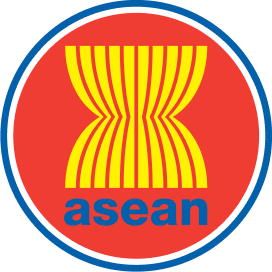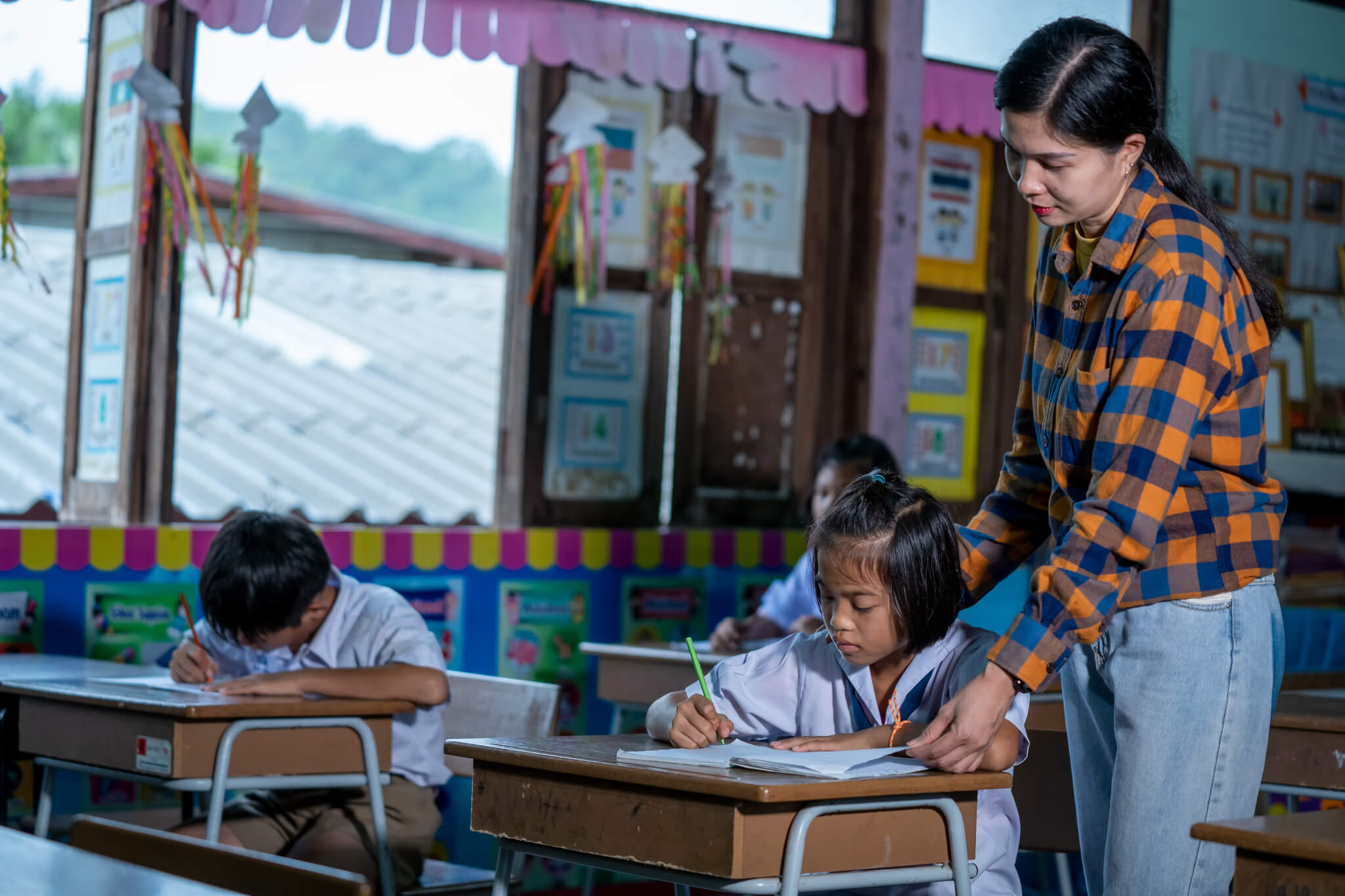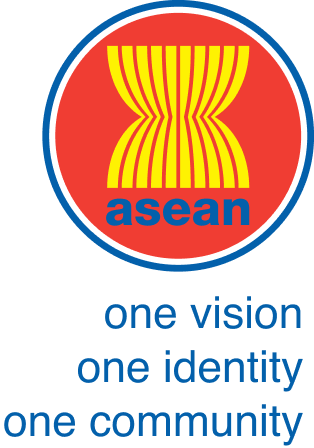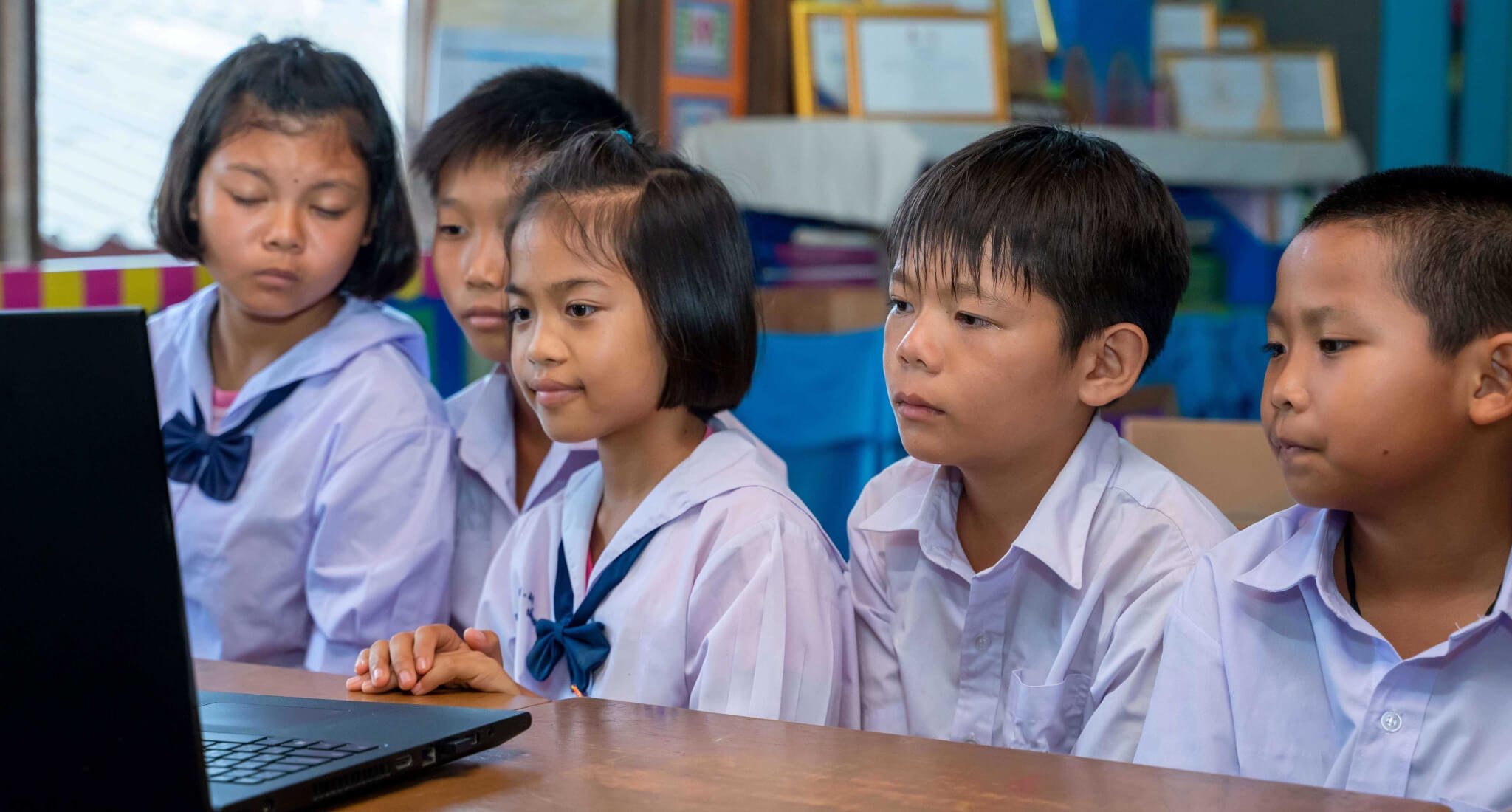


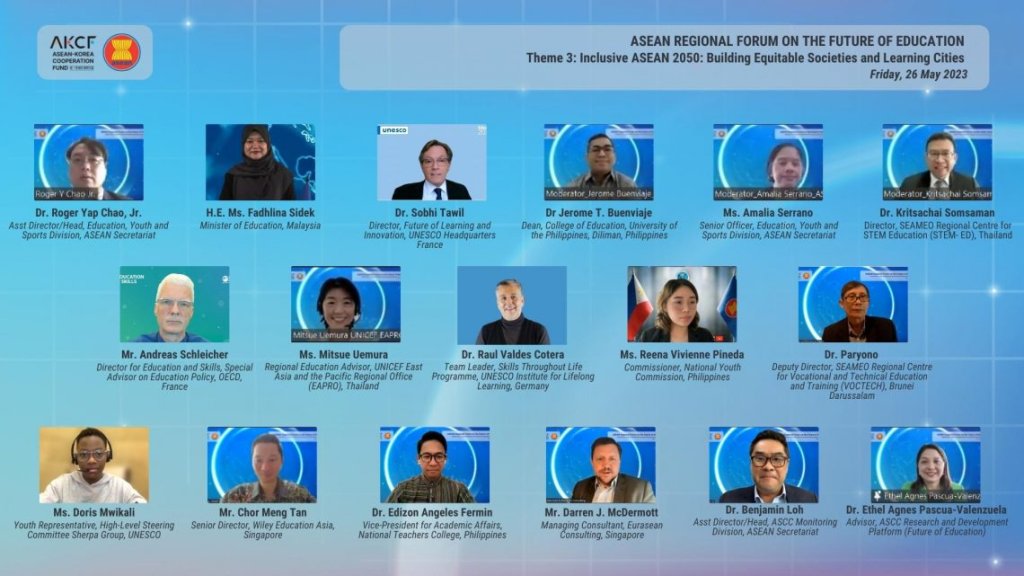 JAKARTA, 26 May 2023 – The ASEAN Regional Forum on the Future of Education concluded with an emphasis on the critical role of building digital skills and promoting lifelong learning as important drivers for advancing inclusive and equitable societies.
JAKARTA, 26 May 2023 – The ASEAN Regional Forum on the Future of Education concluded with an emphasis on the critical role of building digital skills and promoting lifelong learning as important drivers for advancing inclusive and equitable societies.
Themed Inclusive ASEAN 2050: Building Equitable Societies and Learning Cities, Malaysia Minister of Education Fadhlina Sidek underscored the importance of addressing the educational needs of marginalised individuals and highlighted the Malaysian government’s initiatives in advancing global citizenship education.
In his keynote address, Sobhi Tawil, Director of Future of Learning and Innovations at UNESCO Headquarters, highlighted the need to adapt to the dynamic global landscape by equipping learners with relevant knowledge and skills. He brought attention to the importance of lifelong learning and the need to embrace innovation and transformative approaches to education.
Experts from UNESCO, UNICEF EAPRO, and UNESCO UIL shed light on crucial aspects of accessible education and inclusive practices, emphasising the need to develop transferable skills among learners. They advocated for a multiple pathways approach to education and training, recognising that skills development can take place at different times, in various settings and contexts, and through various providers.
To boost youth employability, the Philippine National Youth Commission, SEAMEO VOCTECH, and UNESCO Youth Representative, highlighted the need for a comprehensive review of Technical and Vocational Education and Training (TVET) curricula, advocating for flexible approaches and inter-agency cooperation to support student and labor mobility, especially in light of the impact of COVID-19 pandemic and emerging technologies. They emphasised the importance of harmonising and expanding youth employability and entrepreneurship programs, as well as enhancing the availability and accessibility of employment facilitation services.
Experts from Singapore, the Philippines, and Ireland shared their perspectives on the future of work in light of automation technologies and stressed the need to identify groups that may be affected. Highlighting the EU- ASEAN SHARE program as a valuable initiative to strengthen regional cooperation and internationalisation of higher education institutions and students, the speakers emphasised the need to promote access to digital knowledge and skills through collaborative efforts.
In her summary, Dr Ethel Agnes Valenzuela, Advisor of the Future of Education platform, called for support for education reform, development of new literacies, promotion of safe learning environments, and enhancement of assessment mechanisms to reimagine the future of education.
This forum is a part of ASCC Research and Development Programme funded by the ASEAN-Republic of Korea Cooperation Fund.
